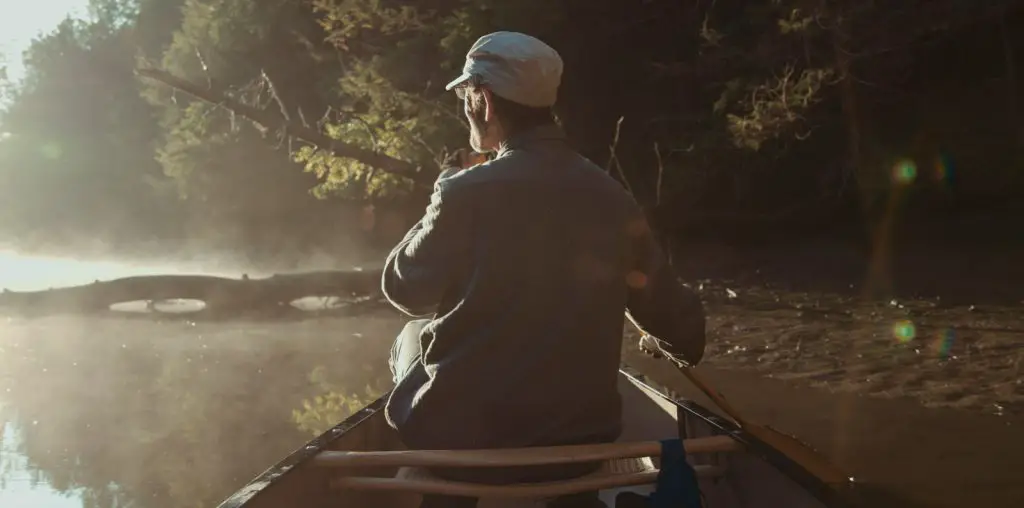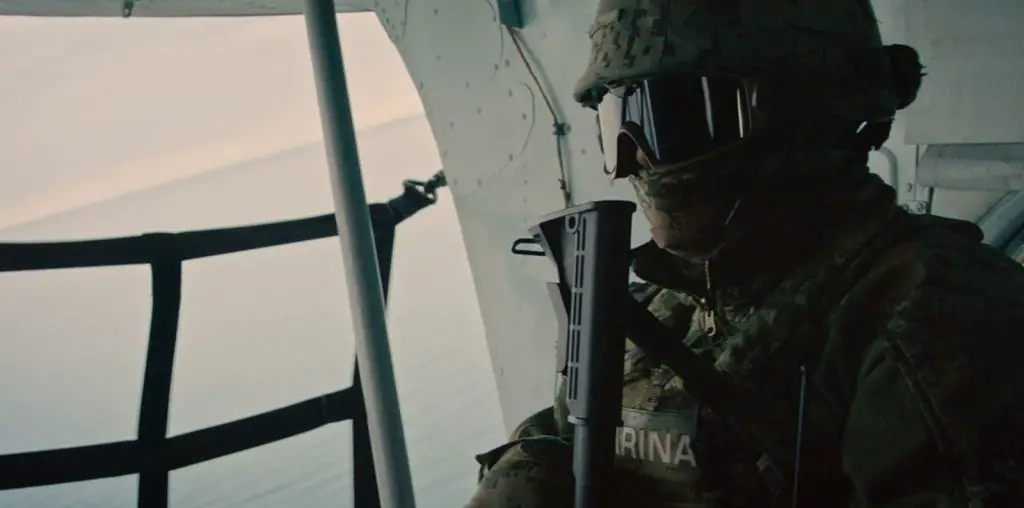
Bryan Tucker’s documentary Closure tells the story of his wife, Angela, as she attempts to track down her birth parents and her extended birth family. Raised alongside other likewise adopted siblings in the very large Burt family, Angela is supported by her adoptive parents as she investigates her birth family, hoping to… well, she’s not always sure what it is that she’s hoping to get out of the experience, but she feels she must go through with it anyway.
The challenge in reviewing a documentary like this is finding the separation in the emotional connection and journey from the practical filmmaking components to see it as a film that can be reviewed. And my answer there is, like practically anything, to be as honest as I can in regards to every element, as they occurred to me while watching. It’s a tricky balance to find, because when a film is this deeply personal, sometimes you wonder if your criticisms are of the film, or if you’re crossing a line to review the personal. I guess that’s the risk with creating a film like this and sharing it, but I feel it is important to express that this isn’t a case where I can easily put the emotional connections aside.
Which is the plus and sometimes minus of this experience. On the plus side of things, it is an emotional journey that you can’t help but get caught up in. You get so wrapped into it, honestly, that a sense of protection of the participants arises, even in the viewer. Which is where the minus presents itself, as I found myself pulling away from the film at times, feeling like it was too personal to be shared with me. Logically I can find many a reason why this film should exist, and the benefits in it for not just the participants (just look at the title), but others who may be on similar journeys. In the moment, however, I sometimes felt like I was sitting in on conversations I shouldn’t have been.
I can’t understate how emotionally powerful an experience this film can be. Emotions can be messy things, and when you open yourself up to going along with the film, it’s not necessarily going to be a gentle trip. This film can knock you around, but to its credit (or more appropriately, to the credit of all involved), there’s a strong thread of love throughout it all, which keeps you from getting knocked too far. It is ultimately, for all the hills and valleys, a very positive, uplifting film.
And since I got those paragraphs and thoughts out of my system, I can look at the practical side of the filmmaking with clearer eyes. As far as the documentary form goes, this doesn’t re-invent the wheel. It’s polished and put together well, and utilizes the familiar “talking heads” structure mixed with the actual on-the-fly footage (which looks quite good). If it stumbles in its presentation, it’s in the editorial sense as it applies to the emotional beats of the film.
Without giving away too much about the film, as I feel folks should see this and experience it without too much knowledge of what happens when for the greatest impact, the editorial thread begins to feel a bit muddled around the forty minute mark or so, as the film has hit an emotional peak and then seems to try to cover as much ground as possible. The result is that the film feels like it has finished its journey, but suddenly is still going… and going. It does eventually deliver a more than exceptional climax, but the slight focus shift, even for those ten minutes or so before it picks up steam again, undermines the power of the engagement that preceded it.
At least that’s one way to look at it. Another would be to say that it makes editorial sense as a moment to collect your breath and take an emotional step back. Another view would be that it is a case of stalling the narrative to pad out to a feature length, when the strongest film might actually land somewhere in the fifty to fifty-five minute range.
Ultimately, I appreciate that Closure thinks enough of an audience to share everything that it does. At the same time, it is such an intense, private experience at times that I’m not entirely sure I should’ve shared in it. Again, though, if sharing this is what helps someone else with their own journey, then I completely understand the motivation behind its existence. This isn’t the type of film I would consider “entertainment.” Try, “cathartic” or “therapeutic” instead. That’s not meant to be taken in a negative sense.
This film was submitted for review through our Submission for Review system. If you have a film you’d like us to see, and we aren’t already looking into it on our own, you too can utilize this service.

